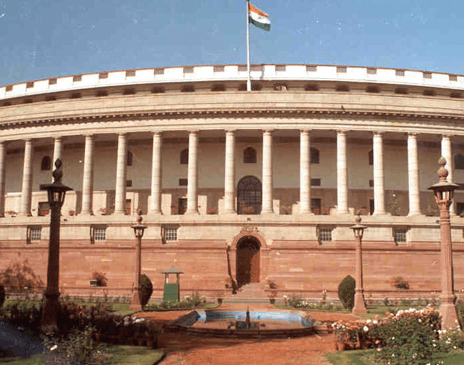Lok Sabha passes Goods and Services Tax Bill
Lok Sabha has passed the Goods and Services Tax Bill, 2014 which is also known as Constitution (122nd Amendment) Bill.
The Bill seeks to amend the Constitution in order to introduce the goods and services tax (GST).
Consequently, the bill also seeks to carry out new indirect tax regime in the country that will subsume various central and state levies like sales tax, excise and service tax except taxes on the supply of alcoholic liquor for human consumption and petroleum products.
Key features of GST bill
- By inserting Article 279A in the constitution, the bill gives concurrent power to the Union and state governments to make laws on the taxation of goods and services.
- It empowers Union Government to levy and collect GST on supplies in the course of inter-state trade or commerce.
- GST collected will be divided between the Union and states in a manner to be provided by Parliament, by law based on the recommendations of the GST Council.
- The GST Council also aims at developing a harmonized national market of goods and services.
- Union Government will also levy an additional tax which will not exceed 1% on the supply of goods in the course of inter-state trade or commerce.
- Provides for the compensation to the states for loss of revenue arising on account of implementation of GST. This compensation will be for a period of five years.
- The bill exempts taxes on the supply of alcoholic liquor for human consumption and petroleum products.
Month: Current Affairs - May, 2015


